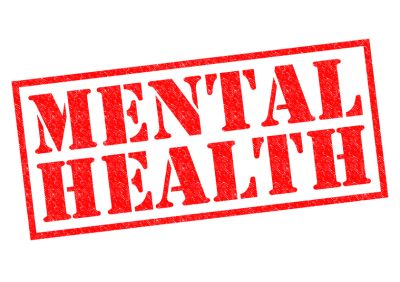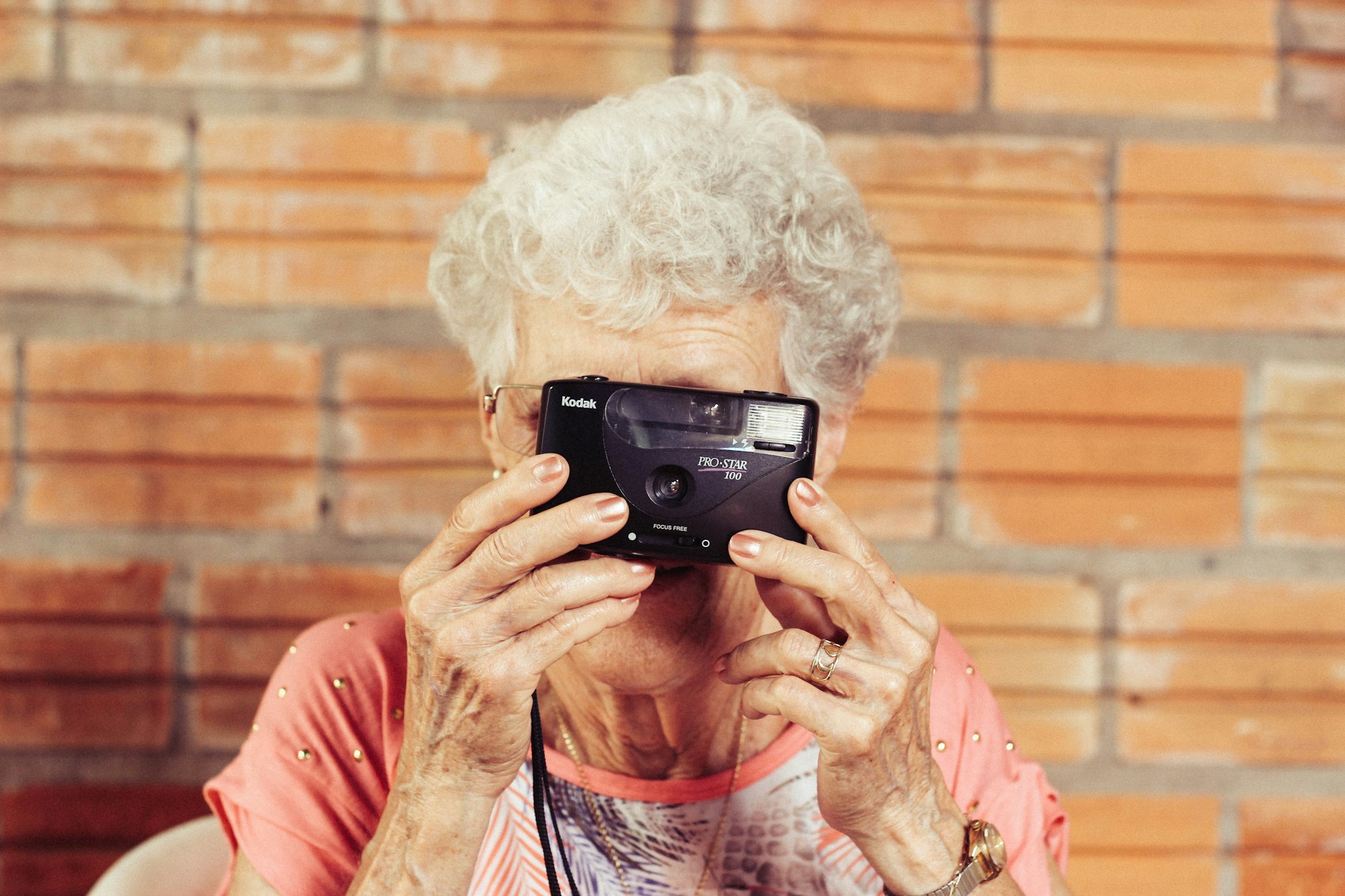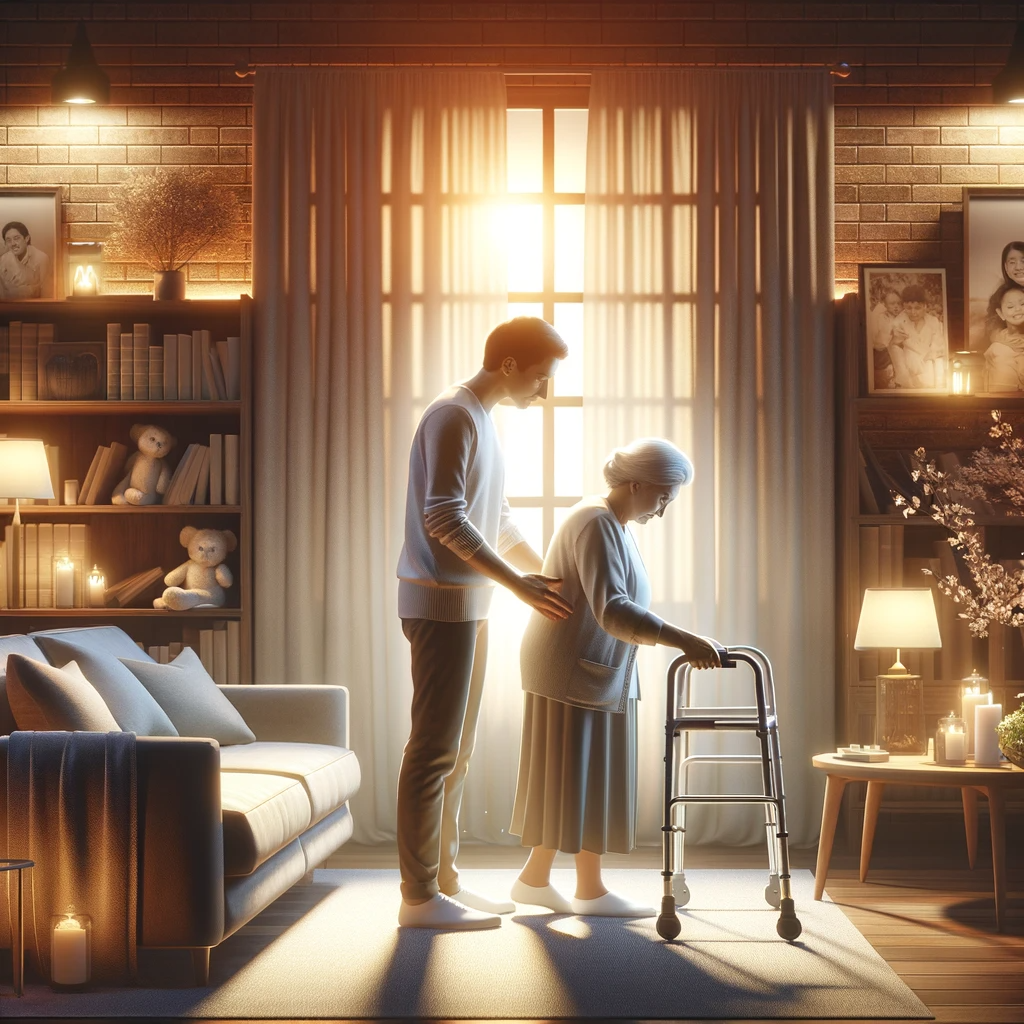Tips for Caring for Someone with Bipolar
Caring for an aging parent with bipolar disorder can be difficult. Learn about the symptoms, challenges, and strategies for coping with this mental illness and providing safe care for your loved one. Find support and resources to help you through the process.

Caring for a loved one with bipolar disorder, also known as manic depression, presents unique challenges. This can be especially true when providing care for an aging parent with bipolar disorder. The mood fluctuations, ranging from manic highs to severe lows of depression, can be demanding to navigate.
Being a family caregiver comes with its own set of difficulties, including feelings of isolation and being overwhelmed. Providing care for an elderly family member with bipolar disorder can trigger emotions of anger and hopelessness.
Bipolar disorder involves alternating periods of depression and mania, which manifests as elated or irritable moods with increased energy levels.
Bipolar Disorder in the Elderly
Understanding the Symptoms:
Depression:
Over a span of at least two weeks, five or more of the following symptoms may be observed:
· Frequent feelings of misery and sadness.
· Diminished interest or pleasure in once-enjoyable activities.
· Heightened anxiety or irritability.
· Difficulties in concentration and memory.
· Ongoing fatigue.
· Feelings of guilt.
· Sleeping too much or too little.
· Changes in appetite, either excessive or minimal.
· Experiencing unexplained physical discomfort.
· Engaging in alcohol or substance abuse.
· Thoughts of death or suicide.
Mania:
· A minimum of three of the following symptoms might be present:
· Escalated energy levels and reduced need for sleep.
· Excessive irritability, euphoria, or aggressive behavior.
· Increased verbosity or pressured speech.
· Racing and disjointed thoughts.
· Impulsive actions and impaired judgment, such as excessive spending or risky behaviors.
· Inflated self-esteem.
· Elevated engagement in goal-oriented activities.
· Pronounced distractibility.
Recognizing Signs of Suicidal Thoughts:
If someone is exhibiting preoccupation with thoughts of death or suicide, it's imperative to reach out to their healthcare professional immediately. In cases of imminent danger, dial 911 or take the person to the nearest emergency room. Additional warning signs include:
· Expressing feelings of hopelessness and worthlessness.
· Demonstrating sudden calmness during a depressive episode.
· Making unusual contacts with loved ones.
· Taking actions to put affairs in order.
· Giving away possessions.
Dealing with Mania:
During manic episodes, individuals might display paranoid tendencies, embrace unrealistic ideas, indulge in excessive spending, or partake in unsafe activities. Remember that these behaviors are characteristic of a manic state, indicating that the person's thought process is not in its normal state. While reasoning might be challenging during these times, maintaining eye contact and involving their psychiatrist is advisable to avert unsafe actions.
Hospitalization and Safety:
In some instances, hospitalization may be necessary when the person is in a manic state. Discussing behaviors and available options with the person's healthcare provider before a crisis emerges can help ensure appropriate steps are taken to safeguard their well-being.
Coping Strategies:
Caring for someone with bipolar disorder, particularly an aging family member, is undeniably demanding. Here are some effective coping strategies:
1.Educate Yourself: Understanding bipolar disorder is the first step in managing expectations and implementing effective coping mechanisms.
2.Involve the Family: Recognize that bipolar disorder affects the entire family. Distributing caregiving responsibilities among family members can alleviate the burden on a single individual.
3.Open Communication: Consider engaging a skilled family therapist to facilitate open discussions and future care planning for the senior family member.
4.Show Understanding: Regularly reassure your loved one that you care. Individuals with bipolar disorder often struggle with negative thoughts and depressive states, so offering consistent support is vital.
5.Prioritize Self-Care: Establish limits and boundaries to avoid caregiver burnout. Take occasional breaks from caregiving and seek medical help if needed.
6.Seek Social Support: Caring for someone around the clock can be isolating. Connecting with others who understand the challenges can provide valuable emotional support.
7.Address Legal Matters: Ensure all necessary legal paperwork is in order to address potential future concerns.
Remember: You are not alone in this journey. Bipolar disorder is treatable, and many individuals can achieve stability with proper care and support.
Our Resources section can help you find the information and tools that you need. We have courses, videos, checklists, guidebooks, cheat sheets, how-to guides and more.
You can get started by clicking on the link below. We know that taking care of a loved one is hard work, but with our help you can get the support that you need.
Click here to go to Resources Section now!
You might also like this article:









